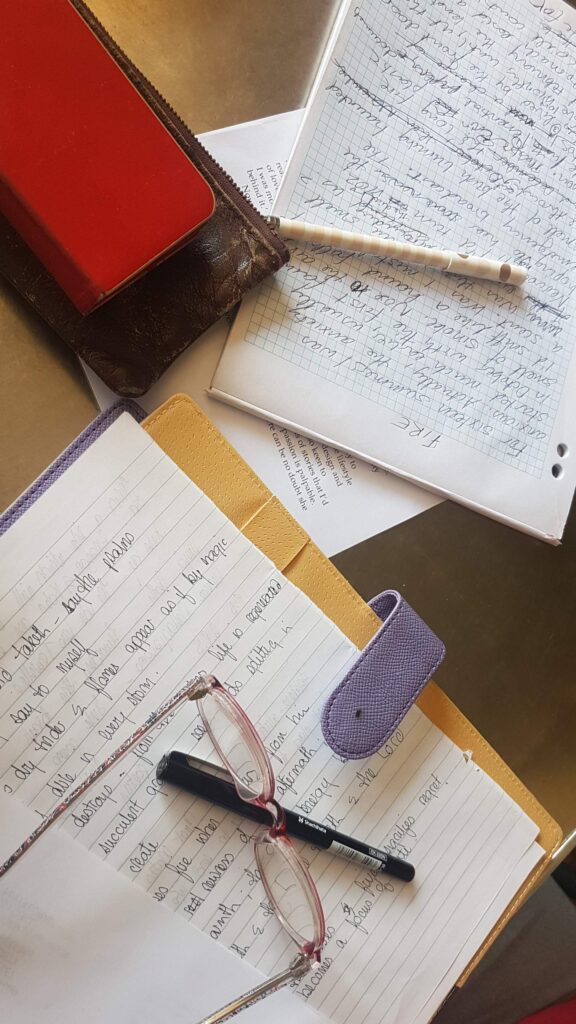
Recently, an education researcher asked me for advice on dealing with a journalist’s query. Here’s what they – the researcher – were unsure about.
“I want to get some truth out there in the media. Teaching and learning are not simple.
“But I don’t want to be portrayed ‘badly’ or contribute to a two-equal-sided debate.
“Can I go off the record for part of the interview?
“What about seeing a draft of the story before it’s published?”
Here’s my response:
Consider asking for a list of questions/thinking points of the interview beforehand. If that’s not possible, ask, ‘what’s your brief?’ or ‘what angle will you be taking?’.
Once you know what journalists want to cover, work out the key messages you wish to get across and stick to them. Jot down the common misconceptions, too.
You’d be familiar with the line politicians have, i.e., ‘oh, that’s such an interesting question, but what’s important is ‘… then they rattle off their key message. That’s not very authentic nor does it help build relationships with journalists. If you don’t want to answer a particular question, respectfully pass.
Aim to be clear in your phrasing answers to questions. If you’re talking about complex matters, rephrase your key points in at least a couple of ways. Usually, you’ll have to simplify your speech to layperson level. That’s because it’s unlikely the writer will have expertise or qualifications in your area – journalists build their knowledge on the go, generally moving from ‘round’ (subject area) to round. Sometimes they’ll have more than one.
If they (inadvertently) quote you out of context or don’t really understand the subject matter, their story could make you sound like you’re espousing a different view. So, when answering a question, use a full sentence where possible.
Also, you may think you’re being helpful in sending them lots of links, suggestions about who else to interview, but if they’re getting 15 cents a word for an article, that extra time investment doesn’t add up for them business-wise. In short, you can suggest, but there’s no guarantee they will read your information or follow up potential interviewees.
Journalist cold call: What’s off the record really mean?
Off the record/background is tricky territory. You may understand it to mean your words won’t be used in the story. The journalist might think they can use what you say as long as they don’t attribute that information or quotes to you. So, you may see your words in print anyway. I’d always advise staying on the record.
And, avoid saying, ‘oh, this bit is off the record’ – exercise caution and don’t offer it in the first place. It makes it easier for the journalist. They’ll probably be juggling a few stories at once, so they may NOT remember to note ‘off the record’ or even read that bit as they meld quotes while drafting their story.
A quick way to annoy a journalist or have their trust in you evaporate is to say after the interview, ‘oh, can you cut out that bit? I didn’t mean to say it’. No, they’re unlikely to cut it. That’s not fair. If they were your publicist, sure, but that’s not their job.
A quote attributed to someone is always stronger than one from an ‘un-named source’. If you want to raise your profile, you’ll need to have your name in print with your quotes, so ruminate carefully before you speak to a journalist.
Story-writing as a two-way process
When I’m quizzing an interviewee, I’ll often chime in with, ‘hey, that was a good quote’ or, ‘I might use quote that as the lead’. I’m sharing my story creation process with them and giving them clues about how I’ll shape the story. As well, if they contest my choice of a lead, that sparks my curiosity, so I’ll ask for clarification. At the end of the day, though, it’s my decision how I frame and angle the story.
If a journalist doesn’t share their reflections during the interview, consider asking them, ‘so, what do you think will be your lead’? and ‘Are there any key quotes you’d like me to quantify?’
Tricky territory: Asking to see the journalist’s story
The journalist won’t have much time, so you’re unlikely to see/hear the draft story and your parts beforehand. There’s also a risk that they will simplify the story to protagonist and antagonist. They won’t have the resources or space to do much more than just a news story (usually under 500 words) rather than a longer feature (roughly 800-plus words).
If they do agree to discuss the story with you before it goes live, here’s what may happen:
* They read out to you only the paragraphs where your info or quotes are used
* They send you just the above chunks, or
* They send you the whole story.
By the way, when a journalist sends you their draft or even a chunk of it, please don’t:
- ‘Correct’ or play around with the editorial style. It’s common to write your full name for the first mention, then just your surname for subsequent mentions. That means no honorifics, such as Ms, Miss, Mr, Dr, Professor etc. are used.
- Accept they’ll use their ‘poetic licence’ in crafting the story. So, keep in mind if you’re reviewing the draft, you’re really only checking for factual or quote inaccuracies.
Finally, you may wish to develop a working relationship with this journalist for future stories. To do so, follow their work (maybe check out their stories online and pop them an occasional email to say ‘hello, I liked your story, and here’s why’), or comment about it on social media and share it with your professional network.
And good luck! Hopefully, your next interview with an unfamiliar journalist is the start of a fruitful working relationship.
